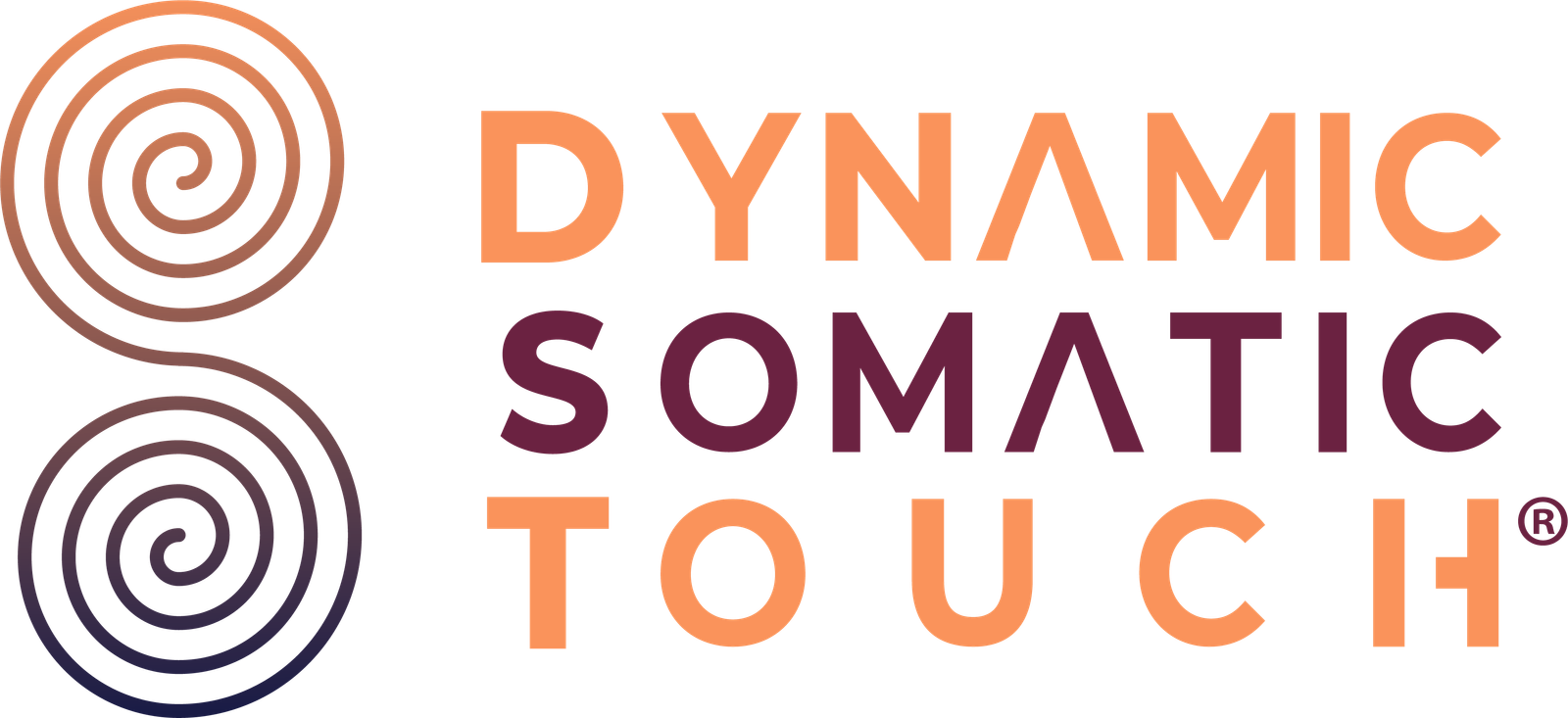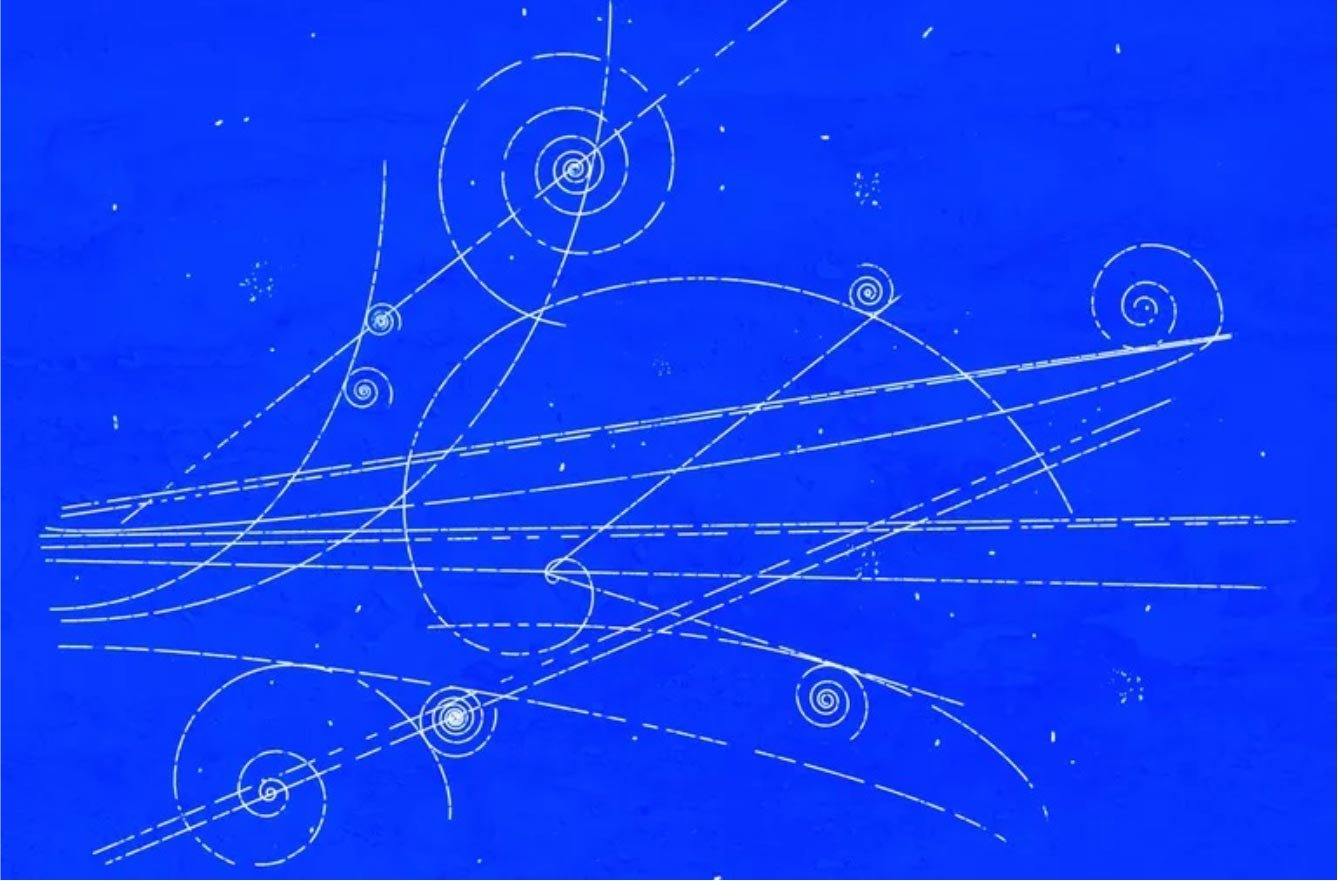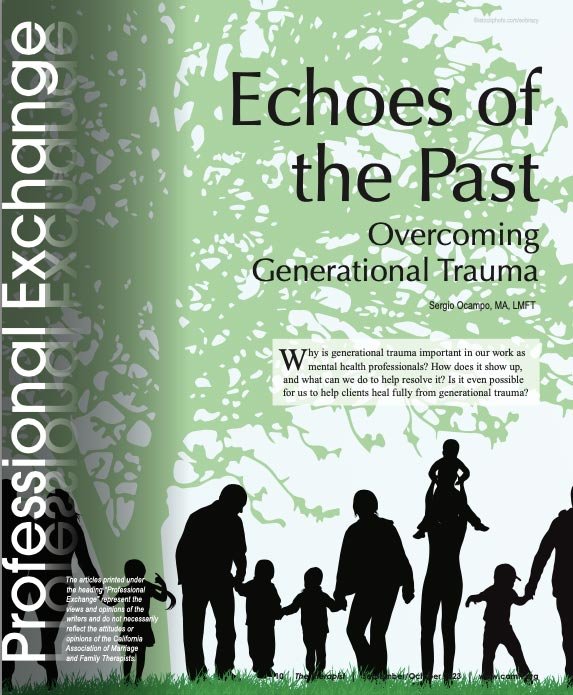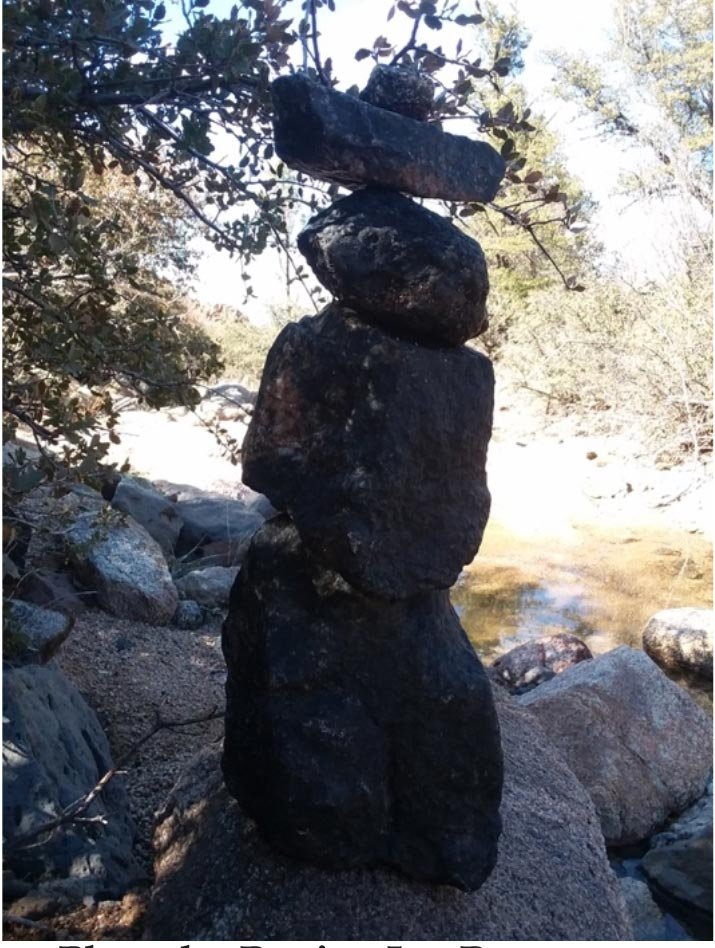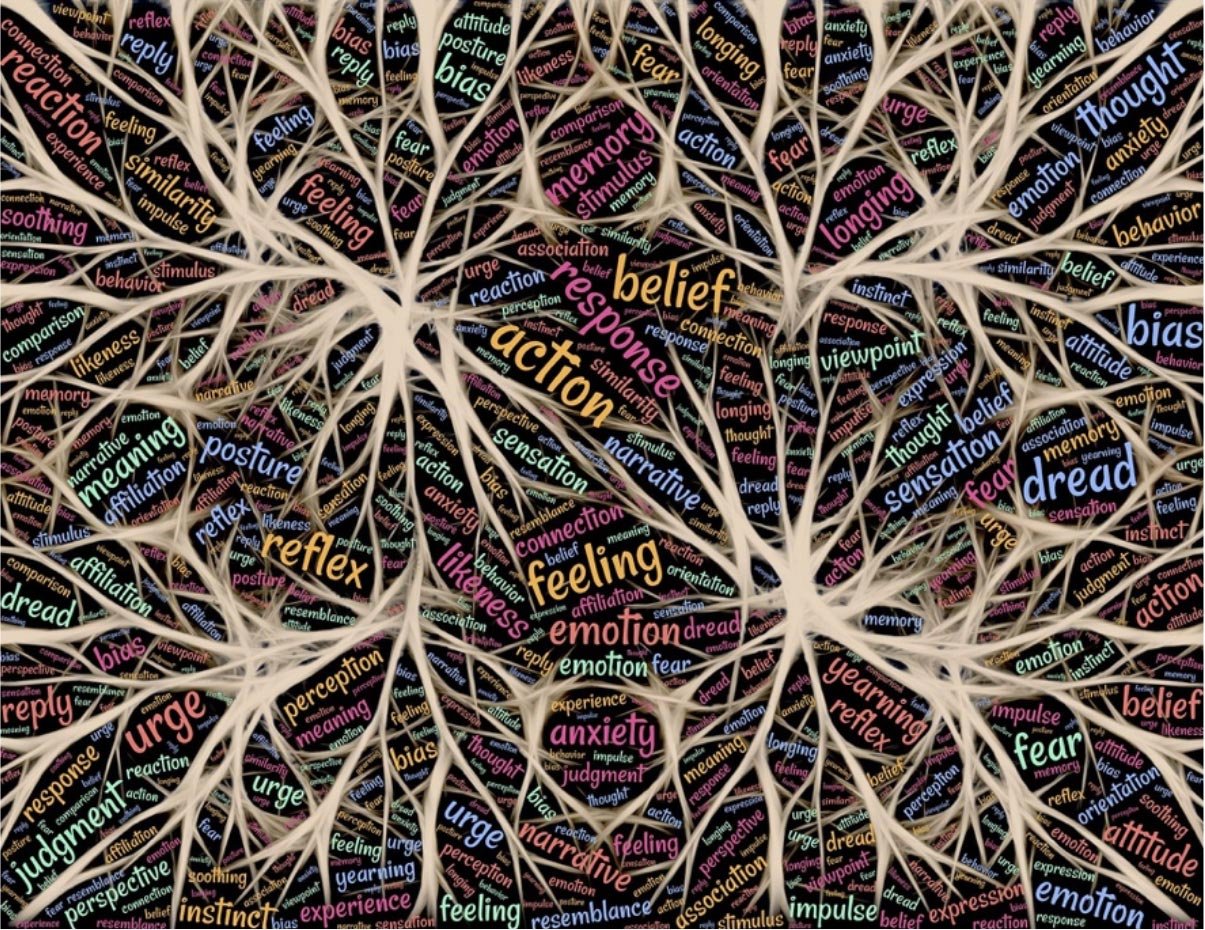We all know the difference between our thoughts, emotions, and physical sensations, but what does it really mean to be human? What is the experience of existence? How would you explain existence to a space alien – not just the simple experience of survival or fun stuff, but the depth of your experience of being alive?
Eugene Gendlin, a philosopher and psychotherapy pioneer, founded a method of psychotherapy in the 1960s he called Focusing. It was the result of recording thousands of therapy sessions and identifying what all the people who made progress had in common. What he discovered was that they all could do one thing – feel their experience of some important aspect of their lives as a preverbal bodily form of communication. He called this the felt sense. The felt sense differs from a gut feeling, in that it is a much deeper question that we don’t even know how to ask that is showing up as a subtle, murky, and unclear feeling, whereas a gut feeling is negotiating a known subject.
Here is what Gendlin says: “A felt sense is an internal aura that encompasses everything you feel and know about the given subject at a given time – encompasses it and communicates it to you all at once rather than detail by detail.” For those of you who studied with founder Arthur Lincoln Pauls or other instructors who studied with him, doesn’t this seem very similar to what Pauls described as the “auric mood” that would arise with Phase 6? For me, this idea of an auric experience of a subject dispels the notion of the body and mind as separate, yet embraces the body in a new and more important way – a source of information about our experience of being human. A felt sense is a sensation, not a thought or idea, yet communicates huge amounts of information and conveys the whole of something.
One might look at the process of life as a series of steps where we negotiate how we feel about something, have an epiphany of some sort, make a decision about that subject, and move forward to our next step, or we don’t go through that process and are stuck in a stasis pattern until we can finally go through it.
Arthur Lincoln Pauls coined the phrase Evolvement of the Original Concept. While this phrase may be interpreted in a multitude of ways, and Pauls probably liked it that way, one interpretation may be that it is we who are constantly evolving – who we are today is not who we were yesterday and not who we will be tomorrow. One more note on Pauls: he often liked his students to be confused and set his teachings up that way, because in the end, he knew that students would have to “just get on with it” and figure it out for themselves. He seemed to instinctually know that healthy confusion was the only way to evolve in certain ways. I believe his Phase 6 work was about amplifying the felt sense in people in a way that they couldn’t ignore, and their life processes would spontaneously evolve in the direction of their next steps.
Focusing on a felt sense does not mean choosing between disagreeing parts of ourselves, but rather, we embrace the whole of something and make space for a fuzzy, yet-to-be-articulated sense of the whole. To really understand Focusing, imagine something blurry coming through as a body sensation and then coming into focus and revealing its meaning in the process.
How do we facilitate Focusing in ourselves or others? The answer lies in knowing when to pause, pay attention, and be present with the unknown. Once we find a murky body sensation that seems important, having a specific, yet open, non-judgmental state of attention will facilitate the process. An internal knowing which is experienced as a novel body sensation but not yet in words will come in its own time. This is a long way of saying what we naturally do in Ortho-Bionomy®, maybe without even knowing it. We “hold space.” The less we know about the space we are holding, the better, because defining something prematurely will prevent the unknown from revealing itself. What I might say to myself, whether working with myself or others is “I know there is something important here, but I am going to wait to let it speak to me when it can speak.” In the meantime, I can explore the novel body sensations.
If we only focus on what we know, we never get to learn about what we don’t know.
Examples of felt senses you have had in your life may be in the hundreds or even thousands – who you date or marry, school and career choices, family choices, where you live, what car or house you buy, resolving interpersonal conflicts and hundreds of smaller choices. Felt senses may also be about existential or healing issues, such as “who am I, what is my life purpose, what is the meaning of life or the meaning of anything, what fulfills me, how do I heal my past or create a happy future?” With every situation of our lives, we have a meaning, and that meaning often first shows itself as a felt sense that is murky until it has space to speak its truth.
Happiness as an end game:
With the felt-sense-centered way of life, there is more of an experience of being one with one’s true self, and this is a large component of happiness, rather than happiness being only determined by external good fortune. Wholeness is the state of connection with all our parts, and when our felt-sense body has free and total permission to speak to us, we can be self- informed by is fathomless wisdom.
If you enjoyed this article, check out my presentation on Dynamic Somatic Touch® at the next Ortho-Bionomy® conference in Albuquerque, NM, October 2023, where we explore the felt sense with cutting-edge Ortho-Bionomy® techniques.
Rouel Cazanjian, MA, LMFT, CMT, SEP is a registered Advanced Instructor and Practitioner of Ortho-Bionomy®, a licensed psychotherapist, and a certified Somatic Experiencing Practitioner. He has over 35 years of experience teaching and working with clients. He also has extensive experience working with Buddhist principles, mindfulness, meditation, hypnosis and many movement therapies.
